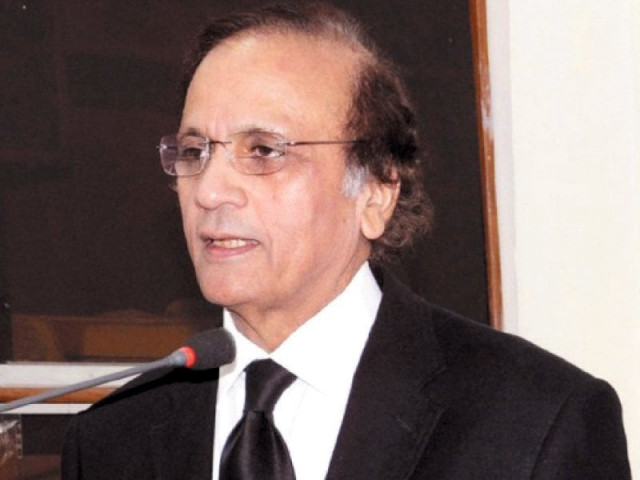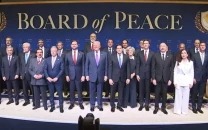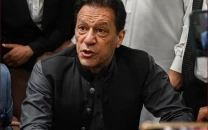Lawmaking duties: Make laws but protect human rights, says CJP
Says trichotomy of power is designed to check abuse.

Chief Justice Tassaduq Hussain Jillani.
Chief Justice Tassaduq Hussain Jillani has urged parliament to enact appropriate laws that ensure human rights, ban as well as punish hate crimes and discrimination against minorities, whether they are committed by state officials or private individuals.
He has also urged the legislature and the executive to play their role in enacting and implementing laws curbing extremism, sectarianism, terrorism, enforced disappearances and extra-judicial killings.
Addressing the welcome dinner hosted in his honour by the Supreme Court Bar Association on Monday, he said laws are essential but not sufficient for curbing intolerance. “Intolerance is rooted in ignorance and fear, it is an exaggerated sense of self-worth and pride, be it personal, collective or religious. Thus, any effort to fight intolerance has to begin at home, at school and college.”

These are some of the functions the executive has to perform, without which the rule of law and democracy would remain platitudes, he said.
Justice Jillani promised that the courts would continue to exercise their power of judicial review, whenever there is a transgression of authority by the executive or by the legislature.
“The trichotomy of power is a constitutional principle designed to ensure diffusion rather than the concentration of power within a state institution. The prime objective of the trichotomy of power is to avoid the abuse of power and thereby protect the rights and liberty of citizens,” he explained.
He said accountability and transparency on the part of institutions is imperative for the establishment of a vibrant civil society, having a free and fair political system, protected human rights and a strong legal system.
The chief justice observed that the judicial institution holds the status of a neutral umpire – it has to play a unique role through the exercise of judicial review.
He said the Supreme Court, while exercising its power under Article 184 (3) of the Constitution, has been sensitive to the new socio-cultural and environmental dynamics and thereby, has expanded the scope of public interest litigation.
“In certain cases, the court has acted as a social engineer and a catalyst for change.”
All the Supreme Court judges, except Justice Jawwad S Khawaja, were present at the welcome dinner. Former chief justice Iftikhar Muhammad Chaudhry was not invited by the Supreme Court Bar Association (SCBA).
Published in The Express Tribune, February 4th, 2014.



















COMMENTS
Comments are moderated and generally will be posted if they are on-topic and not abusive.
For more information, please see our Comments FAQ